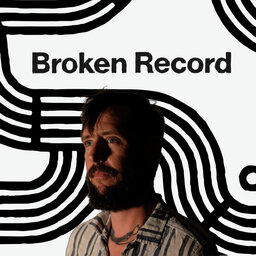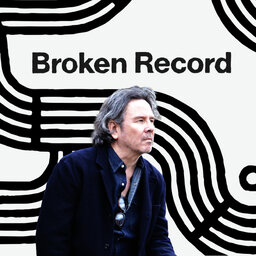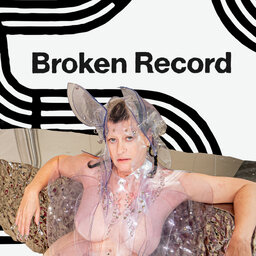The Edge
U2’s The Edge is one of only a handful of guitarists who's as recognizable as his band’s wildly successful frontman. U2 has been playing together since 1976, when they were all teenagers in Dublin. Nearing their 50-year anniversary as a band, U2 just released their latest album, Songs of Surrender—a 40-track collection of reimagined and stripped down songs that span the entirety of their catalog.
On today’s episode Rick Rubin talks to The Edge about his theory behind the band’s longevity. The Edge also shares stories about writing U2 classics like “New Year’s Day” and “Where The Streets Have No Name.” And he explains why Bono singing at the top of his range can be a bit much.
You can hear a playlist of some of our favorite U2 songs HERE.
 Broken Record with Rick Rubin, Malcolm Gladwell, Bruce Headlam and Justin Richmond
Broken Record with Rick Rubin, Malcolm Gladwell, Bruce Headlam and Justin Richmond


